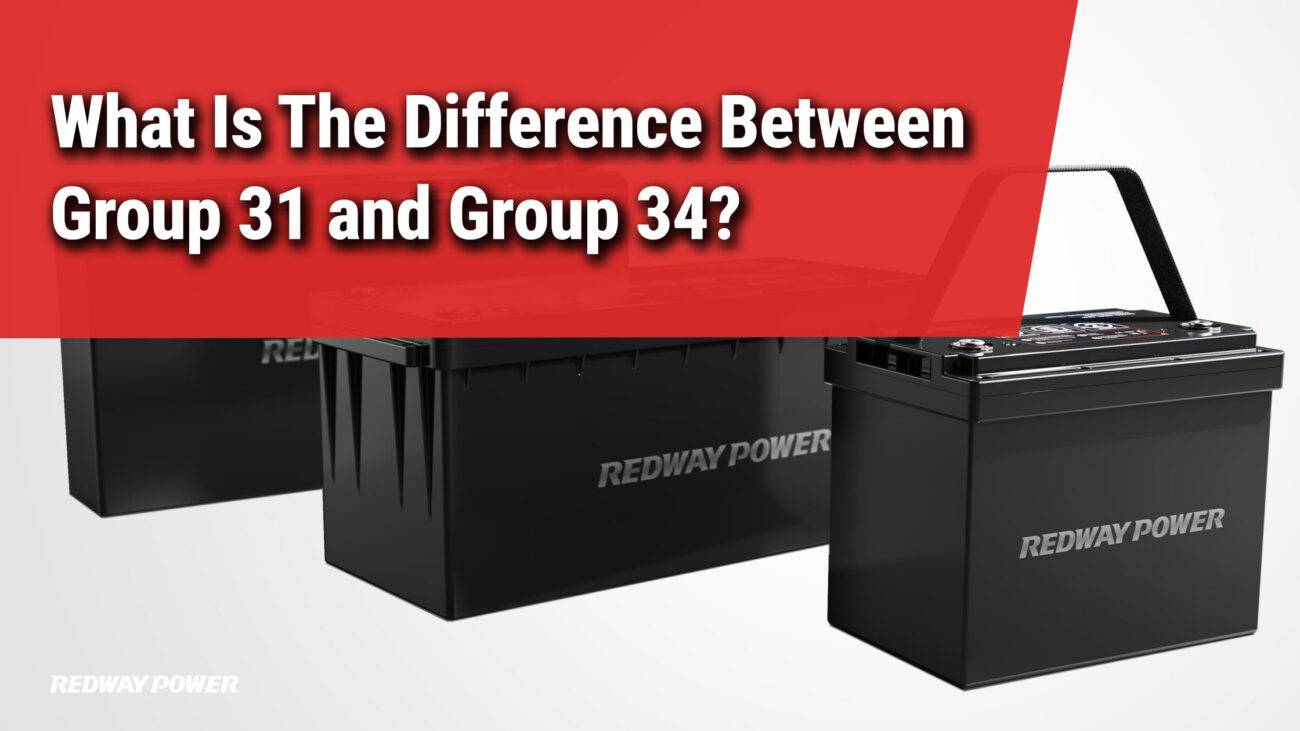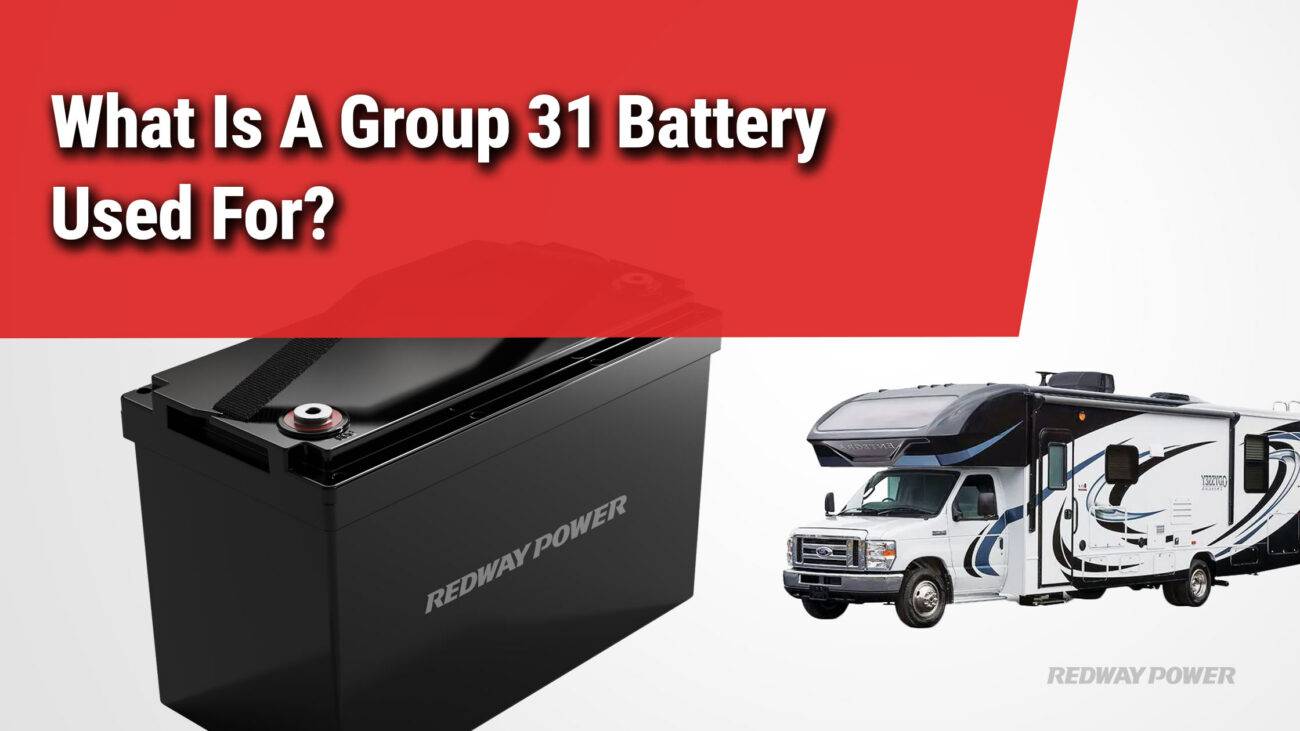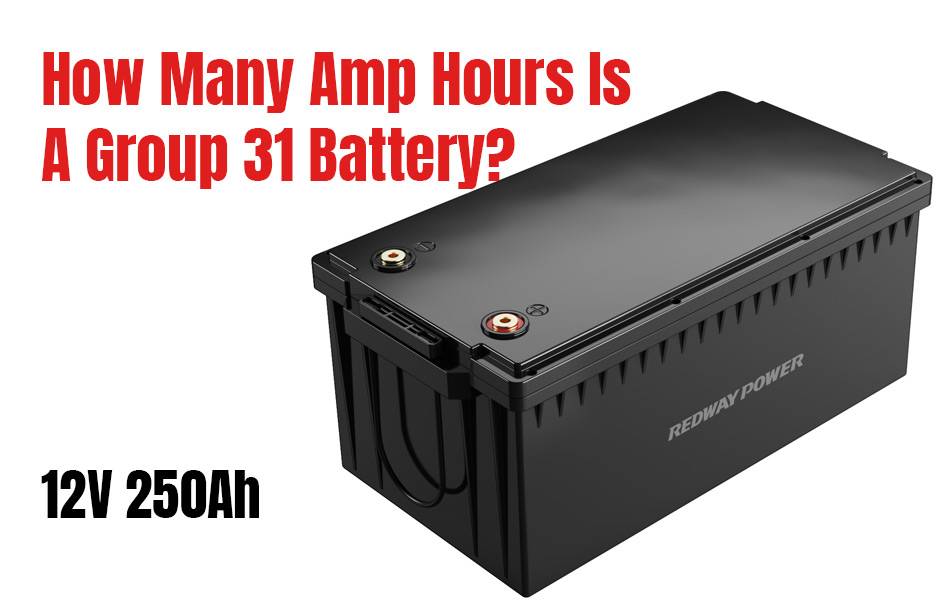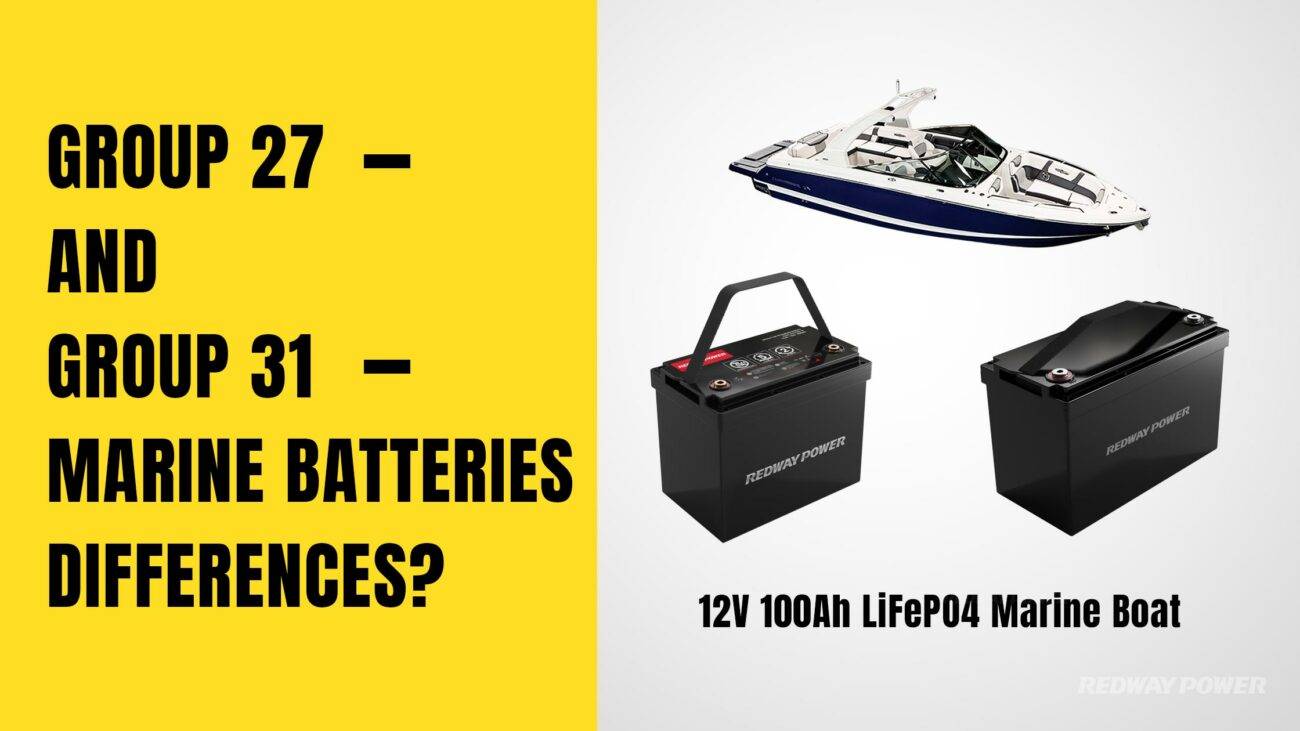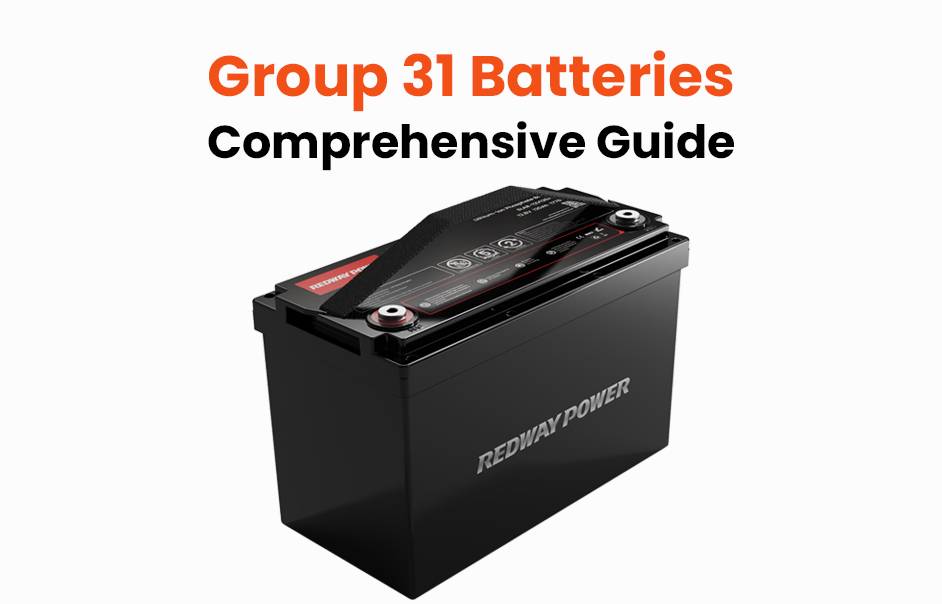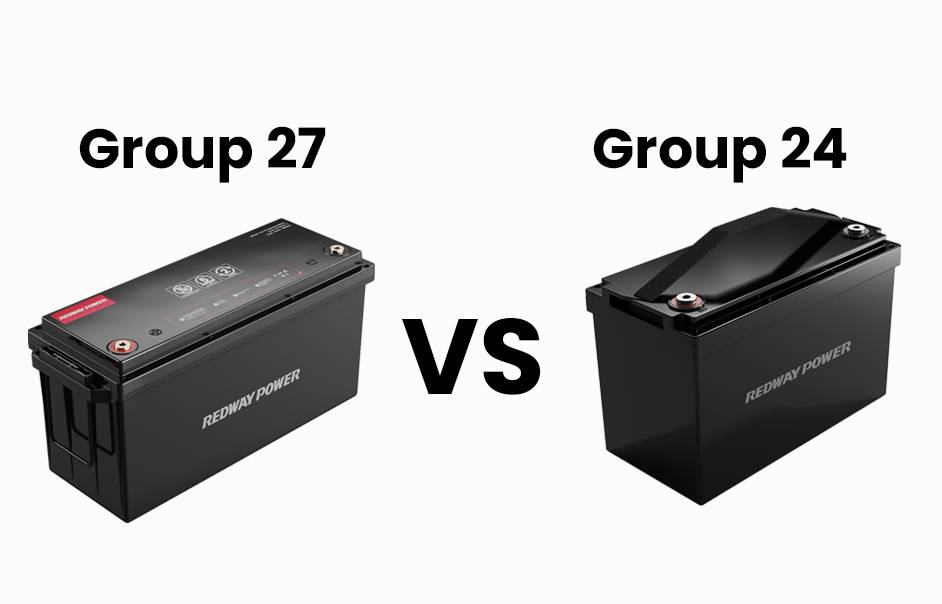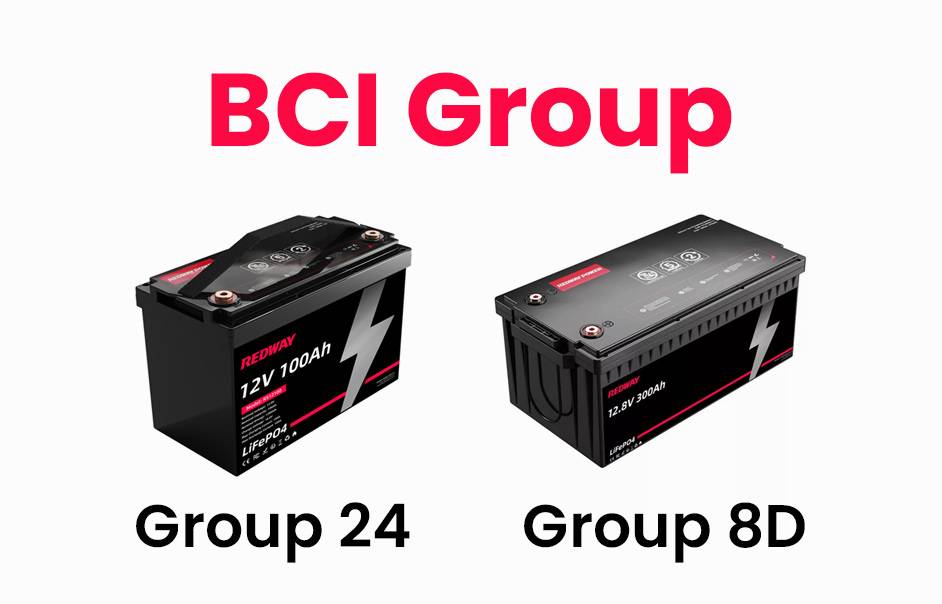- Lithium Golf Cart Battery
- Forklift Lithium Battery
-
48V
- 48V 210Ah
- 48V 300Ah
- 48V 420Ah (949 x 349 x 569 mm)
- 48V 420Ah (950 x 421 x 450 mm)
- 48V 456Ah
- 48V 460Ah (830 x 630 x 590 mm)
- 48V 460Ah (950 x 421 x 450 mm)
- 48V 460Ah (800 x 630 x 600 mm)
- 48V 460Ah (820 x 660 x 470 mm)
- 48V 500Ah
- 48V 560Ah (810 x 630 x 600 mm)
- 48V 560Ah (950 x 592 x 450 mm)
- 48V 600Ah
- 48V 630Ah
-
48V
- 12V Lithium Battery
12V 150Ah Lithium RV Battery
Bluetooth App | BCI Group 31
LiFePO4 Lithium
Discharge Temperature -20°C ~ 65°C
Fast Charger 14.6V 50A
Solar MPPT Charging - 24V Lithium Battery
- 36V Lithium Battery
- 48V Lithium Battery
-
48V LiFePO4 Battery
- 48V 50Ah
- 48V 50Ah (for Golf Carts)
- 48V 60Ah (8D)
- 48V 100Ah (8D)
- 48V 100Ah
- 48V 100Ah (Discharge 100A for Golf Carts)
- 48V 100Ah (Discharge 150A for Golf Carts)
- 48V 100Ah (Discharge 200A for Golf Carts)
- 48V 150Ah (for Golf Carts)
- 48V 160Ah (Discharge 100A for Golf Carts)
- 48V 160Ah (Discharge 160A for Golf Carts)
-
48V LiFePO4 Battery
- 60V Lithium Battery
-
60V LiFePO4 Battery
- 60V 20Ah
- 60V 30Ah
- 60V 50Ah
- 60V 50Ah (Small Size / Side Terminal)
- 60V 100Ah (for Electric Motocycle, Electric Scooter, LSV, AGV)
- 60V 100Ah (for Forklift, AGV, Electric Scooter, Sweeper)
- 60V 150Ah (E-Motocycle / E-Scooter / E-Tricycle / Tour LSV)
- 60V 200Ah (for Forklift, AGV, Electric Scooter, Sweeper)
-
60V LiFePO4 Battery
- 72V~96V Lithium Battery
- Rack-mounted Lithium Battery
- E-Bike Battery
- All-in-One Home-ESS
- Wall-mount Battery ESS
-
Home-ESS Lithium Battery PowerWall
- 24V 100Ah 2.4kWh PW24100-S PowerWall
- 48V 50Ah 2.4kWh PW4850-S PowerWall
- 48V 50Ah 2.56kWh PW5150-S PowerWall
- 48V 100Ah 5.12kWh PW51100-F PowerWall (IP65)
- 48V 100Ah 5.12kWh PW51100-S PowerWall
- 48V 100Ah 5.12kWh PW51100-H PowerWall
- 48V 200Ah 10kWh PW51200-H PowerWall
- 48V 300Ah 15kWh PW51300-H PowerWall
PowerWall 51.2V 100Ah LiFePO4 Lithium Battery
Highly popular in Asia and Eastern Europe.
CE Certification | Home-ESS -
Home-ESS Lithium Battery PowerWall
- Portable Power Stations
How to Choose the Right Group 31 Battery for High-Capacity Needs in Larger Vehicles

Choosing the right Group 31 battery is crucial for ensuring optimal performance in larger vehicles, such as trucks, RVs, and boats. Group 31 batteries are known for their high capacity and durability, making them an excellent choice for heavy-duty applications. This guide will help you understand their specifications, benefits, and maintenance tips.
What are Group 31 Batteries and Their Specifications?
Group 31 batteries are a specific size classification defined by the Battery Council International (BCI). These batteries typically measure 12.9 inches in length, 6.8 inches in width, and 9.1 inches in height. They have a capacity range of 70 to over 100 amp-hours (Ah), making them suitable for various applications requiring reliable power.
| Specification | Measurement |
|---|---|
| Length | 12.9 inches |
| Width | 6.8 inches |
| Height | 9.1 inches |
| Capacity | 70 – 100+ Ah |
How Do Group 31 Batteries Compare to Other Battery Sizes?
When compared to other battery sizes, such as Group 24 or Group 27, Group 31 batteries offer higher capacity and longer runtime. This makes them particularly advantageous for vehicles that require significant power over extended periods, such as those used in commercial applications or recreational activities.
| Battery Size | Typical Capacity (Ah) | Dimensions (L x W x H) |
|---|---|---|
| Group 24 | ~70 – 85 | ~10.25 x 6.75 x 9 |
| Group 27 | ~80 – 100 | ~12.06 x 6.81 x 8.88 |
| Group 31 | 70 – 100+ | 12.9 x 6.8 x 9.1 |
Why are Group 31 Batteries Ideal for Larger Vehicles?
Group 31 batteries are ideal for larger vehicles due to their robust construction and high capacity. They can handle the demands of heavy electrical loads, making them perfect for trucks with multiple accessories or RVs with extensive power requirements. Their design also allows them to withstand vibrations and extreme temperatures, enhancing reliability.
What Key Features Should You Look for in a Group 31 Battery?
When selecting a Group 31 battery, consider the following features:
- Cold Cranking Amps (CCA): Indicates the battery’s ability to start an engine in cold conditions.
- Reserve Capacity (RC): Measures how long the battery can run on its own without being charged.
- Durability: Look for batteries with reinforced casings that can withstand harsh conditions.
| Feature | Importance |
|---|---|
| Cold Cranking Amps | Essential for starting engines in cold weather |
| Reserve Capacity | Determines how long the battery can supply power |
| Durability | Ensures longevity and reliability under stress |
How Can High-Capacity Batteries Enhance Vehicle Performance?
High-capacity batteries provide more power, allowing vehicles to operate multiple electrical systems simultaneously without draining the battery quickly. This is particularly beneficial in larger vehicles that rely on power-hungry devices like winches, lights, and HVAC systems.
What Factors Should You Consider When Selecting a Group 31 Battery?
When choosing a Group 31 battery, consider:
- Application Needs: Assess how much power your vehicle requires.
- Environmental Conditions: Ensure the battery can handle temperature extremes.
- Brand Reputation: Opt for reputable brands known for quality and reliability.
How Can You Maintain Your Group 31 Battery for Optimal Performance?
To maintain your Group 31 battery:
- Regularly Check Charge Levels: Ensure the battery is adequately charged.
- Clean Terminals: Keep terminals free from corrosion to ensure good connections.
- Inspect Physical Condition: Look for any signs of damage or wear.
Industrial News
The demand for high-capacity batteries like Group 31 is on the rise due to increased usage in electric vehicles (EVs) and renewable energy storage systems. Manufacturers are innovating to enhance capacity while reducing weight and improving charging efficiency, making these batteries more versatile across various applications.
Redway Power Views
“Group 31 batteries represent an excellent choice for anyone needing reliable power in larger vehicles,” states an expert from Redway Power. “Their robust design and high capacity ensure that they can meet demanding energy needs while providing peace of mind through their durability.”
FAQ Section
Q: What applications are best suited for Group 31 batteries?
A: Group 31 batteries are ideal for trucks, RVs, boats, and other large vehicles that require high-capacity power sources.Q: How do I know if a Group 31 battery is suitable for my vehicle?
A: Check your vehicle’s power requirements against the battery’s specifications regarding capacity (Ah), CCA, and RC ratings.Q: Can I use a different size battery instead of a Group 31?
A: While you may use other sizes, ensure they meet your vehicle’s power requirements; otherwise, performance may suffer.
What vehicle uses group 31 battery?
Group 31 batteries are commonly found in larger vehicles that require a robust power source to keep them running smoothly. These batteries are often used in trucks, buses, and other heavy-duty vehicles due to their high capacity and durability. If you drive a commercial vehicle or operate heavy equipment regularly, chances are you might be relying on a Group 31 battery to provide the necessary energy for your vehicle’s demanding electrical systems. With their ability to handle the high power demands of these vehicles, Group 31 batteries have become a popular choice among drivers who need reliable performance on the road.
Also read: BCI Battery Group Size Chart (Group 24, 27, 31, etc)
How long will a group 31 battery last?
Are you wondering about the lifespan of a group 31 battery? Group 31 batteries are known for their durability and longevity. On average, these high-capacity batteries can last anywhere from 4 to 6 years with proper maintenance and care.

Factors such as climate conditions, usage patterns, and maintenance practices can influence the lifespan of a group 31 battery. Regularly checking the battery’s charge level, keeping it clean and free of corrosion, and ensuring proper ventilation can help extend its life.
It’s important to monitor your battery regularly to catch any signs of deterioration early on. If you notice slow cranking or dimming lights when starting your vehicle, it may be time to consider replacing your group 31 battery.
By taking proactive steps to maintain your group 31 battery, you can maximize its lifespan and ensure reliable performance when you need it most.
What is the difference between a group 31 and a group 27 battery?
When it comes to batteries for your vehicle, understanding the differences between a group 31 and a group 27 battery is essential. Group 31 batteries are known for their higher capacity and longer lifespan compared to group 27 batteries. They are typically used in larger vehicles like trucks, buses, and heavy equipment due to their ability to handle increased power demands.
On the other hand, group 27 batteries are smaller in size and have a lower capacity than group 31 batteries. They are commonly found in medium-sized vehicles such as SUVs or mid-size trucks. While both battery types serve their purpose well, choosing between them depends on the specific power needs of your vehicle.
Group 31 batteries offer more reserve capacity and can provide sustained power over longer periods, making them ideal for heavy-duty applications. In contrast, group 27 batteries work well for vehicles with less demanding electrical systems where space may be limited.
Selecting the right battery size and type will depend on factors such as vehicle size, power requirements, and usage patterns.
What is the best battery for a trucker?
When it comes to finding the best battery for a trucker, reliability is key. A group 31 battery is an excellent choice for larger vehicles like trucks due to its high capacity and durability. These batteries are designed to withstand the heavy demands of long-haul driving, providing consistent power when you need it most.
Truckers rely on their vehicles to keep them moving safely from one destination to another, so having a reliable battery is essential. Group 31 batteries offer superior performance and longevity compared to smaller options, making them ideal for those who spend hours on the road.
With their higher reserve capacity and cold-cranking amps, group 31 batteries are built to handle extreme weather conditions and extended periods of use without losing power. This means truckers can depend on their battery to start reliably every time, no matter the circumstances.
Choosing a group 31 battery for your trucking needs ensures that you have a dependable power source that will support you through long journeys and challenging conditions.
Which type of battery is used in heavy trucks?
Heavy trucks require powerful batteries to support their extensive electrical needs. This is where group 31 batteries come into play, known for their high capacity and durability. These batteries are specifically designed to handle the demanding requirements of heavy-duty vehicles like trucks. With more plates and electrolyte volume, they provide ample power for starting large engines and running multiple electronic devices on board.
Group 31 batteries are built to withstand harsh conditions often encountered by heavy trucks, making them a reliable choice for long-haul journeys. They offer superior cranking power and reserve capacity compared to smaller battery sizes, ensuring consistent performance even in extreme temperatures or rough terrains.
When it comes to heavy trucks, reliability is key. Group 31 batteries are trusted by truckers for their ability to deliver consistent power output over an extended period. Whether navigating through city traffic or cruising down the highway, these robust batteries keep the electrical systems running smoothly without skipping a beat.
What are the best batteries for heavy equipment?
When it comes to heavy equipment, having a reliable battery is essential for optimal performance. The best batteries for heavy equipment are those that offer high capacity and durability to withstand the rigors of demanding use.
Group 31 batteries are a popular choice for heavy equipment due to their large size and high power output. These batteries provide ample starting power and long-lasting performance, making them ideal for construction machinery, agricultural equipment, and other heavy-duty applications.
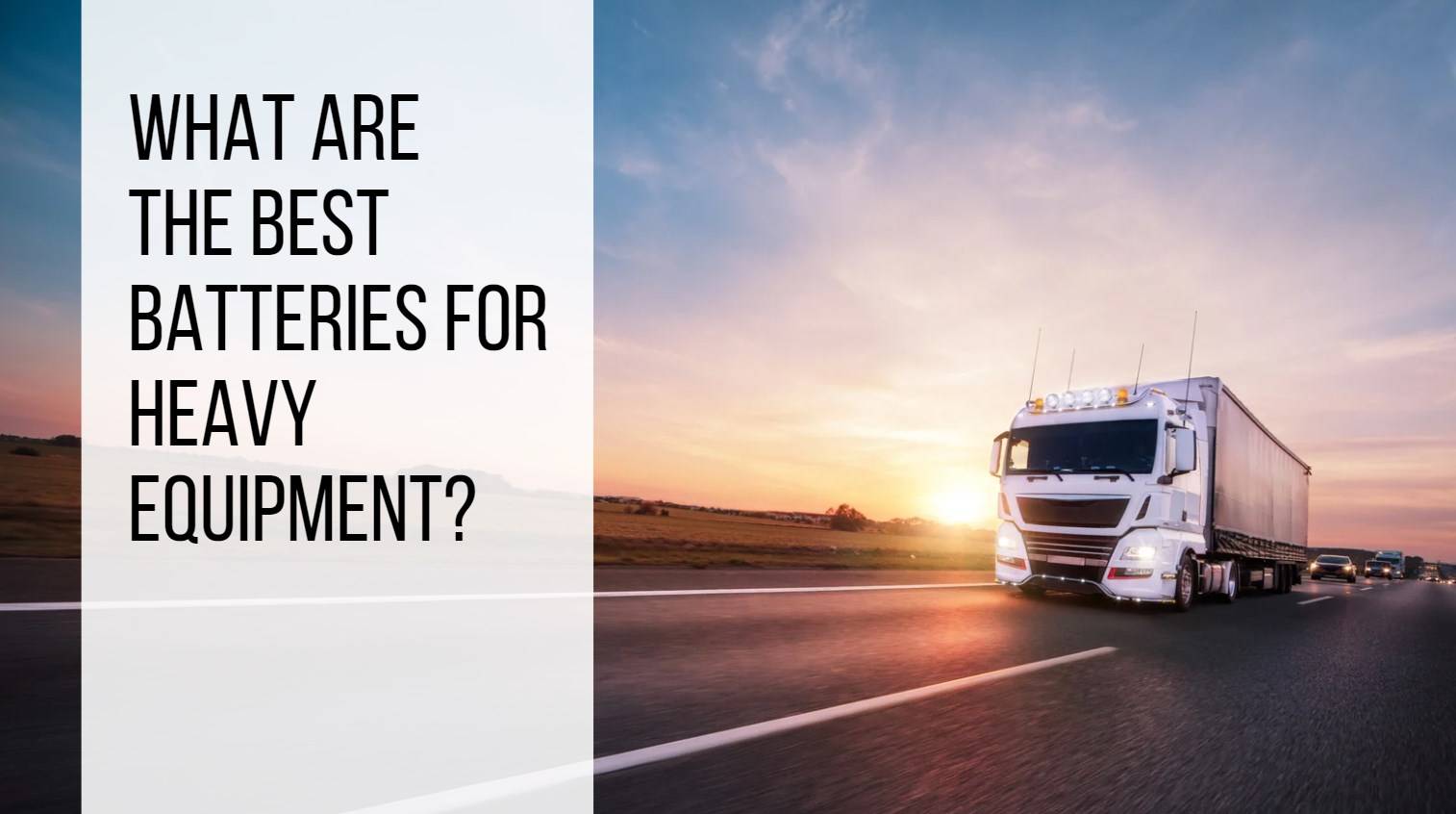
Additionally, maintenance-free AGM (Absorbent Glass Mat) batteries are also highly recommended for heavy equipment. These batteries are known for their resistance to vibration and shock, making them perfect for off-road vehicles and machinery that operate in rough terrain.
Investing in quality batteries specifically designed for heavy equipment can help ensure smooth operation, increased productivity, and reduced downtime on the job site.
How often should you change semi truck batteries?
Semi-truck batteries play a crucial role in keeping your vehicle running smoothly. The frequency at which you should change them depends on various factors such as usage, maintenance, and environmental conditions.
Generally, it’s recommended to replace semi-truck batteries every 3-4 years to ensure optimal performance. However, if you notice signs of deterioration like slow engine cranking or dim lights, it might be time for a replacement sooner.
Regularly inspecting the battery for corrosion, leaks, or other damage can help identify potential issues early on. Proper maintenance and timely replacements can prevent unexpected breakdowns on the road.
Staying proactive with battery care is key to avoiding downtime and costly repairs down the line.
Can you have too much CCA in a battery?
When it comes to Cold Cranking Amps (CCA) in a battery, more isn’t always better. While having a higher CCA rating can provide extra power for starting your vehicle in extreme cold conditions, having too much CCA might not necessarily benefit your car.
Excessive CCA can lead to overworking the electrical system of your vehicle, causing premature wear and tear. It’s essential to match the CCA rating of the battery with the requirements of your specific vehicle.
Choosing a battery with significantly higher CCA than recommended by your manufacturer may not only be unnecessary but could potentially harm your car’s electrical components in the long run.
Finding the right balance is key when selecting a battery – opt for one that meets or slightly exceeds the manufacturer’s recommendations without going overboard on excess CCA.
Is it OK to get a higher CCA battery?
When it comes to choosing a battery for your vehicle, opting for a higher Cold Cranking Amps (CCA) rating can be beneficial in certain situations. A higher CCA battery provides more power to start your engine in cold weather conditions or if you have added aftermarket accessories that draw extra power.
While it’s generally safe to choose a battery with a higher CCA rating than what is specified by your vehicle manufacturer, keep in mind that excessive CCA may not necessarily improve performance unless there is a specific need for it. It’s essential to strike the right balance between sufficient CCA and the requirements of your vehicle.
Before making a decision, consider factors like climate, driving habits, and any additional power needs of your vehicle. Always consult with an expert to determine the most suitable CCA rating for your specific situation.
What CCA should you replace a battery with?
When it comes to replacing a battery with the right Cold Cranking Amps (CCA), it’s essential to match or exceed the CCA rating of the original battery. This ensures that your vehicle starts reliably in all weather conditions, especially during cold winters. Upgrading to a higher CCA battery can provide added peace of mind and improved performance, making it a worthwhile investment for larger vehicles like trucks and heavy equipment.
Remember, choosing the right group 31 battery for your vehicle can make all the difference in its performance and longevity. So, be sure to do your research, consider your specific needs, and opt for a high-capacity option that meets or exceeds your requirements. With the right battery in place, you can hit the road with confidence knowing that your vehicle is powered by reliable energy storage technology tailored to keep up with your demands.
Group 31 batteries offer high-capacity power options for larger vehicles and applications. With their ability to provide reliable power and versatility in voltage output, Group 31 batteries are a popular choice for those seeking robust and long-lasting power solutions.














